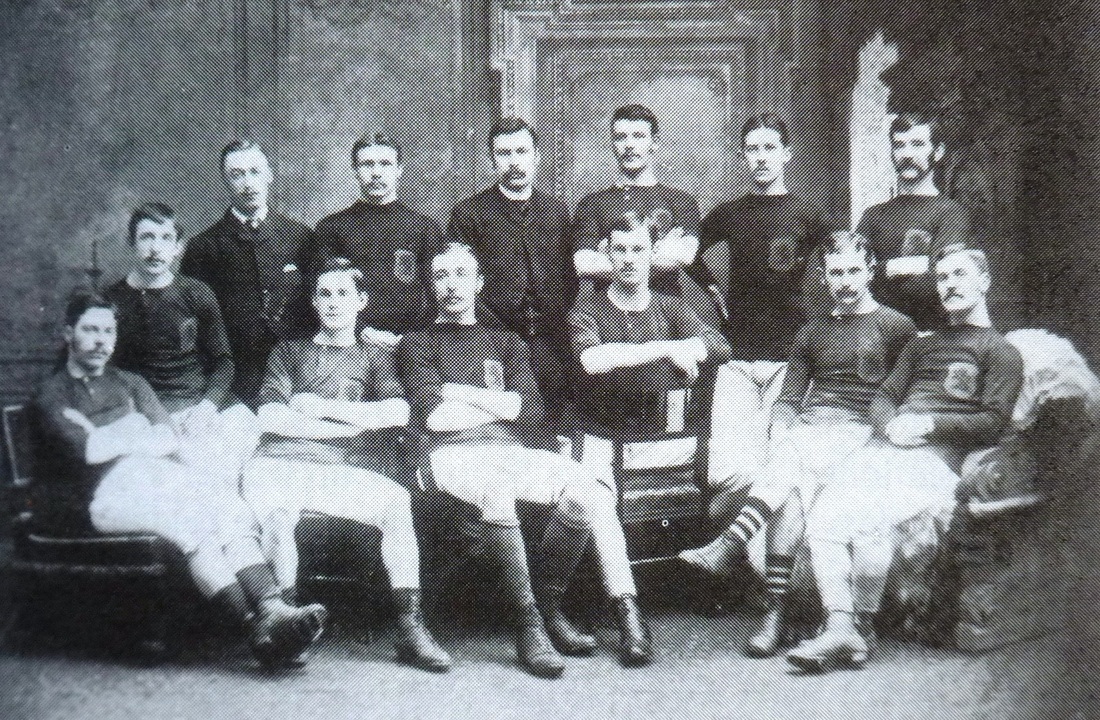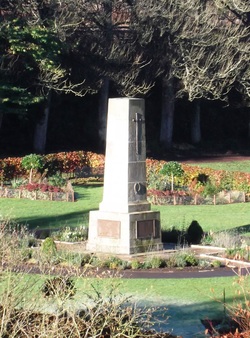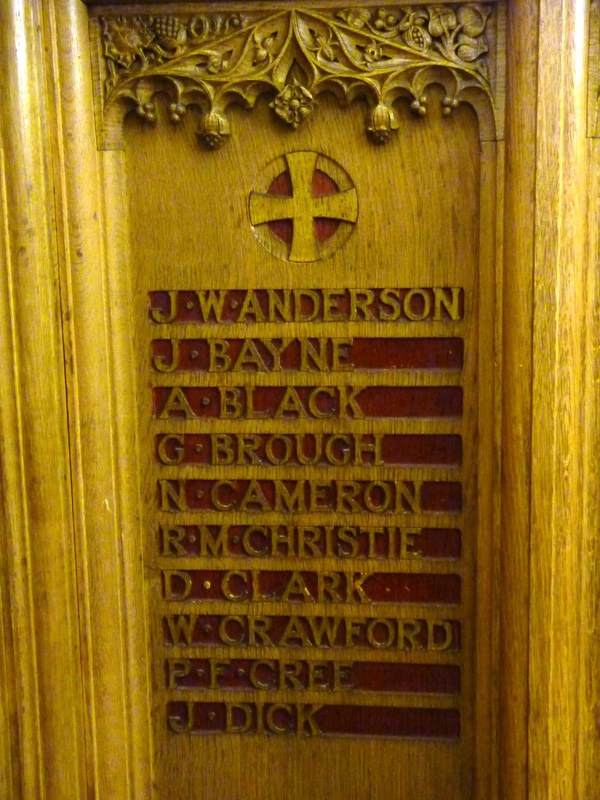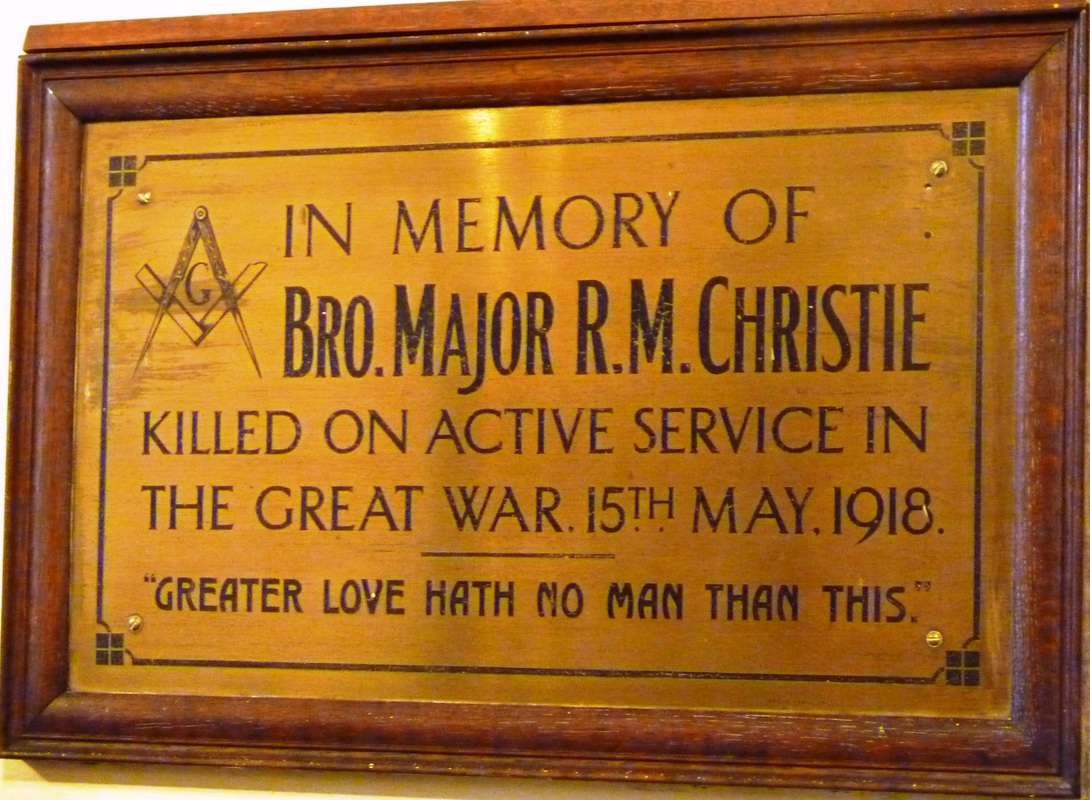
It was a timely coincidence that Andy Murray, a major contemporary sporting talent from the town, was showered with awards this week, including freedom of Stirling and an honorary degree.
By contrast, Christie's life was all but forgotten and only in death is he commemorated, having been gassed in the final year of the first World War. He was such an interesting man that many details had to be left out of the article, not least that as I write this I can see the schoolhouse where Christie's father was the dominie, next door to the family home where he was brought up. Contemporary accounts describe how Christie and his friends founded a football team in about 1877 aged just 12 or 13, and in time Dunblane FC grew to be a power in Perthshire, winning the county cup eleven times; the story of the team could well be my next big project.
He was also very active in curling, a regular player in the local rink and also a vocal critic of the Royal Caledonian Curling Club at their annual meetings. And an enthusiastic golfer, and angler, and billiards player.
His death was as horrible as it was tragic. Aged 52, he could probably have stayed at home with his wife and five kids, but spent most of the war in khaki: in France, Greece and back to France. In May 1918, while commanding the 101st Labour Company, he and his troops came under a bombardment of German shells at the little village of Foncquevillers. The high explosives did plenty of damage, but unknown to the men who survived was that other shells contained mustard gas, silent and odourless but utterly deadly: a few hours after exposure the first symptoms began to show, and soon the skin and lungs were covered with burns and ulcers for which there was no treatment, no respite apart from death. Christie died after four days of agony, but I came across others who suffered for weeks, even months, before dying. Some of the memorials to him in Dunblane are pictured below: on the main war memorial, in the cathedral and in the masonic lodge.
He was one of over 100 local residents to be killed in the conflict, and they are all commemorated in a fascinating new book by local historian Ed Campbell: Dunblane War Memorial: Remembering Dunblane's Fallen (£12.99, on sale from local shops or Reveille Press).



 RSS Feed
RSS Feed